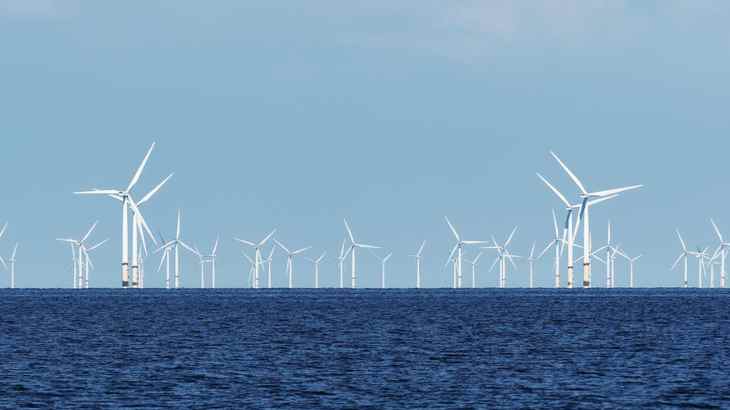The BLOW (Black Sea Floating Offshore Wind) project was recently launched in Brussels, involves 15 partners from 9 countries and will run from 2023-2028. The objective is to install a 5-MW demonstration system in the Black Sea, paving the way for industrial mass production and deployment of floating offshore wind farms. Specifically, offshore turbines produced by Eolink (France) and the floater produced in Constanta and transported by GSP Offshore (Romania) will be used to produce electricity for the Bulgarian Petroceltic’s gas platform.
The European Union will cover 15 million euros of the project’s total estimated cost of 21 million euros. For Eolink, the project in Bulgaria will mark the second deployment of its floater in Europe, after the France Atlantic Project, expected to be connected to the French grid by 2024. Eolink’s floating wind concept replaces a single wind turbine tower with a set of four thin and profiled arms that replace the classic single tower supporting the turbine. This is said to allow for a lighter structure and a better distribution of the load, reducing installation and maintenance operations.
“The World Bank 2021 report indicates there is vast technical potential in South East Europe, with a staggering 166 GW of floating offshore energy in the Black Sea alone, which is the equivalent of five times the electricity consumption of Bulgaria and Romania. Through this project we hope to catalyze offshore development across the region, which already has ongoing fixed-bottom offshore wind projects in Romania,” said Eolink’s Chief Commercial Officer, Alain Morry.
The project is one of three awarded by the European Commission’s Horizon Europe research and innovation program in 2022. The coordinator will be IREC (Spain), and from Romania are also involved the Maritime University of Constanta (CMU), which will mount the environmental monitoring equipment, and the electronics and telecommunications research company BEIA.
